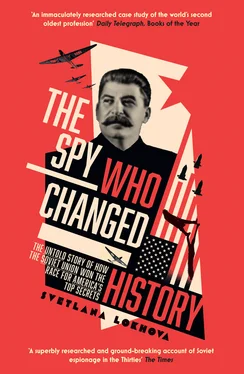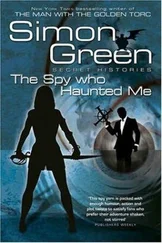Americans don’t like to waste time on stupid things, for example, on the torturous process of coming up with names for their towns. And indeed, why strain yourself when so many beautiful names already exist in the world? That’s right, an authentic Moscow, just in the state of Ohio, not in the USSR in Moscow province. There’s another Moscow in some other state, and yet another Moscow in a third state. On the whole, every state has the absolute right to have its very own Moscow. 24
Soviet visitors discovered in America a confusing, happy melting pot of nationalities. One remarked that ‘a Spaniard and a Pole worked in the barbershop where we got our hair cut. An Italian shined our shoes. A Croat washed our car.’ However, they encountered racism and discrimination of a type that their revolution had eliminated:
To a Soviet person, used to the nationality policy of the USSR, all the mistakes of the American government’s Indian policy are evident from the first glance. The errors are, of course, intentional. The fact of the matter is that in Indian schools, the class is conducted exclusively in English. There is no written form of any Indian language at all. It’s true that every Indian tribe has its own language, but this doesn’t change anything. If there were any desire to do so, the many American specialists who have fallen in love with Indian culture could create Indian written languages in a short time. But imperialism remains imperialism. 25
Russian visitors to the US often found American society shallow: ‘If you should attempt to maintain that film is an art in conversation with a cultured, intelligent American, he’ll just plain stop talking to you.’ 26 American workers were too materialistic, seemingly happy with the system of exploitation, easily bought off rather than striking and heading to the barricades. Americans appeared obsessed with their material conditions to the exclusion of culture and the spiritual. The observation of Gertrude Klivans was that to meet demand the Soviets published more books in a year, she estimated, than any other country. However, many of the avid readers had probably had only one square meal in three years. In addition, ‘Art rates [are] very high in Moscow and throughout the Soviet states Opera is highly popular, as are the theater and literature. Among the classic authors, Tolstoy reigns supreme. Gorky is the idol of the modernists. But art, in Russian fashion, must interpret the struggle for expression of the masses, the keynote of present day civilization in that country.’ 27
MIT welcomed the arrival of the Russians. The Institute had embarked on an ambitious investment plan at the very moment the Great Depression hit, leading to a dramatic fall in US student numbers. In 1932 and 1933, across the nation some eighty thousand youths who in more prosperous times would have attended college were unable to enrol. Universities were thus desperate for the income that the arrival of the Russian students provided and were correspondingly uninterested in asking any awkward questions. America’s finest universities were about to start teaching the cream of Russia’s leadership how to build an even stronger socialist society. And one university was to show inadvertently how to spy on America and create a chain leading to the greatest espionage achievement of all time: the theft of the secret of the Manhattan Project – how to build an atomic bomb.
Конец ознакомительного фрагмента.
Текст предоставлен ООО «ЛитРес».
Прочитайте эту книгу целиком, купив полную легальную версию на ЛитРес.
Безопасно оплатить книгу можно банковской картой Visa, MasterCard, Maestro, со счета мобильного телефона, с платежного терминала, в салоне МТС или Связной, через PayPal, WebMoney, Яндекс.Деньги, QIWI Кошелек, бонусными картами или другим удобным Вам способом.












